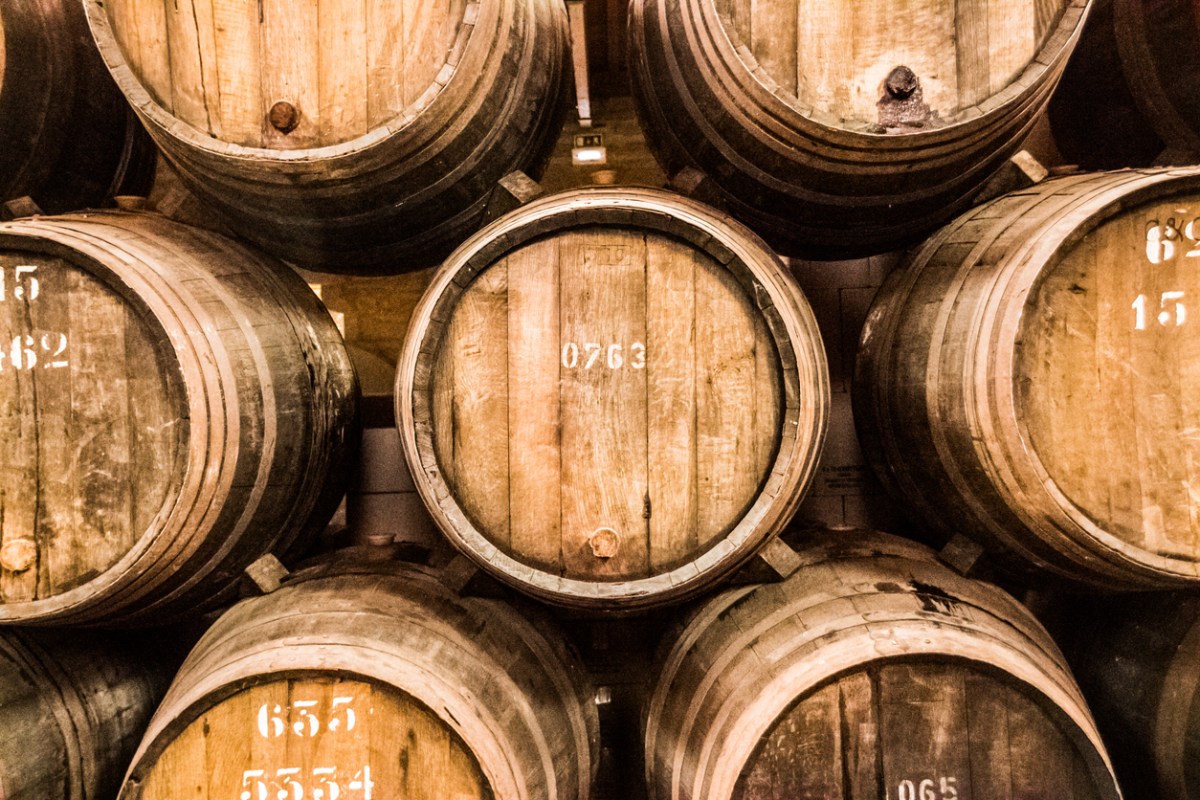The Australian spirits industry looks forward to participating in the Federal Inquiry into Food and Beverage Manufacturing in Australia, announced in March.
While the terms of reference are much broader than spirits, this is nevertheless the first ever Federal Government Inquiry that is open our sector. Further, this broader backdrop of food and drink manufacturing will only serve to demonstrate the singular strength of our industry, and its ability to support the Albanese Government’s domestic manufacturing and export agenda.
No category of Australian-manufactured beverages can showcase the distinct flavours of Australia, quite like spirits. Today, more than 700 distilleries and manufacturing plants punctuate the cities, towns and coastlines of modern Australia. The vast majority of these
operations are small, family-run businesses. They are complemented by large global spirits companies, many of which have local manufacturing capabilities.
Together, these producers support a workforce of 5,700 in spirits manufacturing and a further 100,000 jobs throughout our value chain delivering $15.5 billion in added value to the Australian economy each year. This value-add is most pronounced in the 3.5 million annual visits to distilleries, generating revenue and important economic benefits for
regional Australia.
It is experienced through our world-class hospitality offering, showcasing the skill of talented mixologists at some of the world’s best bars; and in the festivals and cultural events the spirits industry makes possible through major sponsorships. While many of the major household name spirits brands enjoyed in Australia are imported, the premix expressions of these popular brands are predominately manufactured locally, with all the associated economic benefits.
In fact, 80 per cent of all spirits – comprising full strength bottled spirits and RTDs – sold in Australia are bottled and canned as finished products at local manufacturing plants and distilleries using local and imported ingredients. There is unprecedented global interest in innovative Australian-made products, thanks to the phenomenal accolades our producers have been winning on the world stage.
Without Federal Government intervention, our industry risks missing the opportunity to meet this growing international demand. While our colleagues in Australian wine reap the benefits of decades of support and investment, Australian spirits manufacturers stalk the corridors of key export markets alone. The structural disadvantages between alcohol categories, borne of vastly different levels of taxation and industry support, further impede innovation and entrench our competitive disadvantage, thwarting our ability to win at home.
The playbook for sustainable spirits industry growth is writ largely in the success stories of Australia’s strategic allies and key trading partners in Asia, the United Kingdom, Europe and the United States. When governments in these markets acted decisively and invested in their spirits industries, they reaped the rewards for their vision and action.
Australia is well placed to not only replicate this success, but to fast-track it and dominate the race to win new consumers abroad through export. For that to happen, the Australian Government must act decisively, and across multiple fronts, to seize the opportunity. We will relish the opportunity to make this case in Canberra over the coming months.
This article was written by Spirits & Cocktails Chief Executive Greg Holland and was originally published in the May 2024 edition of National Liquor News.

